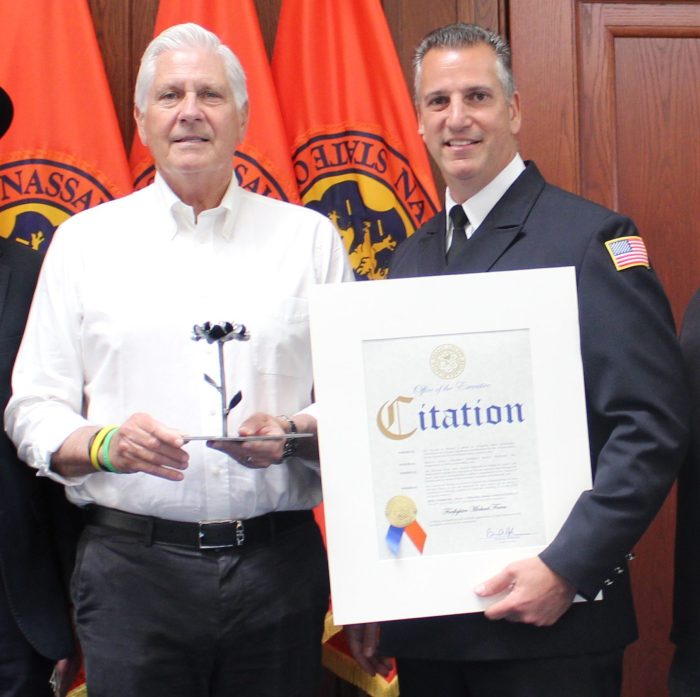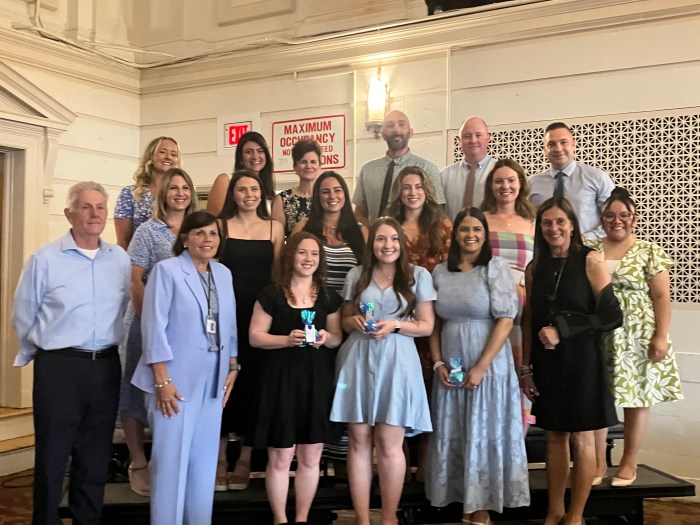Language Barriers
What is the substance that binds a people, a culture, and a way of life into a common purpose and a common future? Is it a creed, shared ideals or a communal history that congeals diversity into unity? While the United States is the most successful multi-cultural nation in the world, criticism abounds about immigrant populations that are not as eager to Americanize as their forebears. The school curriculum and the political and social forces in our culture once served as a bridge for immigrants between the land of their birth and their adopted country. Now it’s a one-way ticket to monolingualism — usually in a language other than English.
This is a sensitive topic, one that is politically charged. I feel, however, that being both a son as well as a husband of an immigrant has afforded me a rich opportunity to understand the immigrant experience and its unique challenges. Fluency and literacy in the English language was critical to their assimilation as American citizens. Populations that speak mutually unintelligible languages are not only culturally isolated, they become physically segregated. More than any other factor, language is the salient component of group identity. A common tongue fosters cooperation and social cohesion; it is indispensable in forming communities and crystallizing nationhood.
Throughout history, we humans have often congregated and divided into groups based solely on language. There are approximately 7,000 languages spoken in the world, many of them in relatively cramped geographical areas. More than 100 languages, 15 percent of all the languages in the world, are spoken on the island of New Guinea, an area slightly bigger than the state of Texas. Walk up the northeast coast of Papua, New Guinea, and every 10 minutes you will encounter a different tribe speaking an entirely different language.
Anthropologists and sociologists have long understood our proclivities to discriminate on the basis of differences; we cubbyhole into niches of similarity as soon as environments prove conducive. My grandmother would tell her grandchildren that one should not only never trust anyone who wasn’t Italian, but also anyone who wasn’t from Calabria, a town in Southern Italy she and my father came from. This was a typical rather than atypical attitude and goes a long way in explaining why Italy did not become a unified country until 1870.
Science has confirmed what has long been grasped by intuition and experience: humans are psychologically programmed to prefer those who share their language and are antagonized by those who don’t. Moreover, these preferences and antagonisms arise early in life, perhaps even before we can speak, and most likely serve as a foundation for the way relationships ultimately develop among social groups. This is not a nativist or parochial prejudice, but is imprinted throughout the whole volume of human nature.
Since America has been a magnet for so many diverse peoples, indeed a veritable melting pot, social policy should be constructed along lines that will invite cohesion rather than division. The idea of America being colorblind, but not linguistically deaf is a phrase worthy of philosophy.
Competence in the English language is a pathway to greater success in scholastics and in the job market. English is the most influential of all languages and it is the one most people in the world use as a second language. There are reservoirs of strength in diversity; but unbounded diversity is a festering weakness. From the earliest settlers, there has been a smattering of European languages on this continent but only one, English, has been enshrined as our native tongue. It is the one common denominator that infuses trust and tolerance amid a maelstrom of ethnicities and cultural diversities.
Whether it’s the Biblical story of the Tower of Babel, the history of tribal warfare or, in 1995, the secession of Quebec from Canada, entrenched and pervasive language differences risk fragmentation and the undermining of unifying ideals. The motto of the United States is E pluribus Unum: Out of many, one. It is a declaration that trumpets national ideals over ethnicity and cherished beliefs over bloodlines. Unfortunately, over the last 40 or more years, we have been accentuating the pluribus at the expense of the Unum.
To learn another language, the saying goes, is to discover another world. Nevertheless, the object of American education should remain focused on assimilation through the very English tongue that has shaped and molded our history, culture and politics. A.I. Hayakawa, a politician and linguist, neatly and judiciously put the case as follows: “Bilingualism for the individual is fine, but not for the country.” Language barriers are often more treacherous and difficult to overcome than the physical barriers of soaring mountain ranges and mighty oceans. Over this past century, the American population grown more heterogeneous; if a common purpose does not bind us together, then hostilities will surely drive us apart. There is no greater force for melting away ethnic divisions and seeing ourselves primarily as Americans than to have one official language in one indivisible nation.































